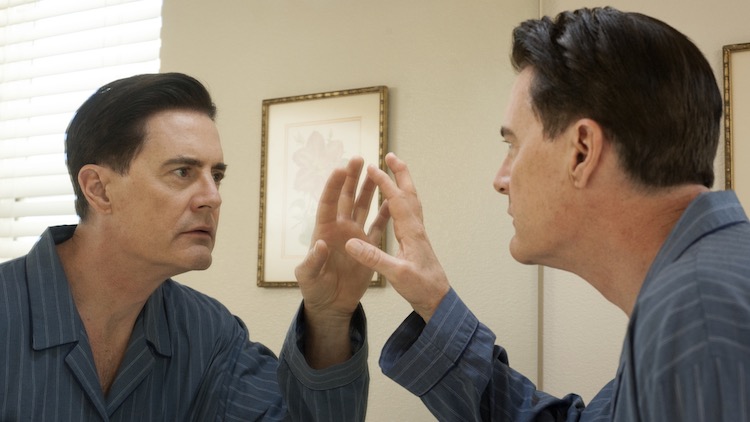VIDWeek: Personalization Not ‘Creepy’ When Done Right

The smarter way to stay on top of broadcasting and cable industry. Sign up below
You are now subscribed
Your newsletter sign-up was successful
Complete Coverage of VIDWeek
New York—Personalizing advertising messages can be a slippery slope for both advertisers and content companies, according to a panel discussion at Thursday's Next TV Summit, but successful companies are the ones that pay attention to the method as well as the message.
Consumers and advertisers alike are usually taken aback when they realize the amount of personal data that can be collected from individuals, Conversant Media director of video sales & strategy Ray Erickson said during a panel discussion entitled “Personalize and Monetize Through Content Search and Discovery.”
“It’s not creepy when it's done right,” Erickson said, adding that people “don’t think twice” when Netflix makes suggestions for shows they should watch based on their previous behavior. In that instance, personalization is welcomed.
Apps and social media are also important tools to drive engagement, but that doesn’t mean traditional methods are scrapped.
At Showtime, social media is a great tool to help promote shows—the premium network has about 45 million fans on social media across nine different platforms. But Showtime Networks senior VP group director of digital media Brian Swarth said traditional outlets including TV are also an importantway to tap existing fan bases.
“There are other ways to get exposure. Social is important but you can’t launch a show just on social media,” Swarth said, adding that TV ads working with distribution partners also are important.
The smarter way to stay on top of broadcasting and cable industry. Sign up below
Related: VIDWeek: No One Immune to the OTT Effect, Rogers Says
Apps, all the rage a few years ago, are starting to lose some of their luster as consumers become more choosy about what apps they download on their devices. Bloomberg Media global head of mobile apps and connected devices Ambika Nigam said that context is important.
Nigam said that while consumers aren’t downloading every app available, they are spending more time on the apps they do have.
She added that engagement in apps is increasing—people are choosing the most popular five or six apps for their smartphones and spending 90% of their time with them.
“People are not going to the app store to discover new apps,” Nigam said. “They’re being selective about the apps they want to use and how they use them. That doesn’t mean we have to have 20 million people using our app. If you want to build a relationship with users, if you know what they want, apps are the best way to deliver that experience.”
Piracy, a hot-button issue for content providers around the globe, can also be a tool to drive engagement.
Swarth said that while piracy is an issue that Showtime is concerned about, the controversy over younger millennials sharing passwords could eventually help the network in the long run.
Swarth said that one question that is often asked is would that consumer using a friend or relative’s password become a Showtime subscriber anyway when they get older and establish their own households.
“If we have the right content and the brand resonates, hopefully we will be one of the things they want to buy,” Swarth said.
